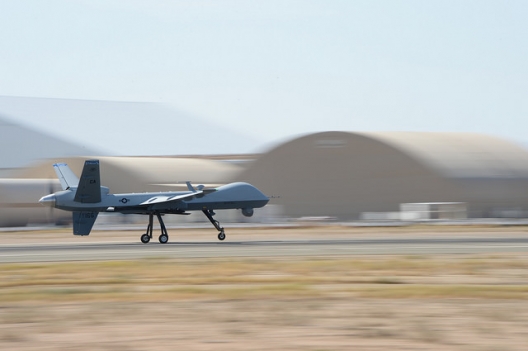 A number of new programs being implemented by Washington and NATO partners may have a big impact on how Europe equips itself, and how and when they deploy their forces in the future.
A number of new programs being implemented by Washington and NATO partners may have a big impact on how Europe equips itself, and how and when they deploy their forces in the future.
But how effective any one program will be depends on how well the allies can deliver on promises to pool their resources and agree to focus on interoperability and networking.
The work to pool assets under the three-year-old Smart Defense program has been slow. Members of the alliance are “having a hard time overcoming their national priorities in making these decisions,” said Jorge Benitez, senior fellow for trans-Atlantic security at the Atlantic Council.
Since the Smart Defense program kicked off in 2012, only six projects have been completed, revolving around maintenance and logistics with roughly 30 other projects still working their way through the system, uncompleted.
Despite these lags, the Obama administration is stepping in with a variety of programs that will make it easier for European allies to buy and pool equipment.
The US State Department is expected to announce its plan to update some aspects of its export control rules for drones in the coming days, which could have a major impact on the range and payload restrictions that Washington has placed on sales of these unmanned systems.
The Feb. 6 announcement of the potential sale of four MQ-9 Reaper UAVs to the Netherlands for $339 million would be tied to these forthcoming changes, a source with knowledge of the proposed changes said.
The move makes sense, Benitez said, since “surveillance is one of the key assets for the alliance right now, and most of the alliance is sorely lacking in such capabilities. Many of our NATO partners are depending on the US to provide those capabilities.”
Image: MQ-9 Reaper, July 30, 2014 (photo: Senior Airman Michael Quiboloy/US Air Naitonal Guard)
